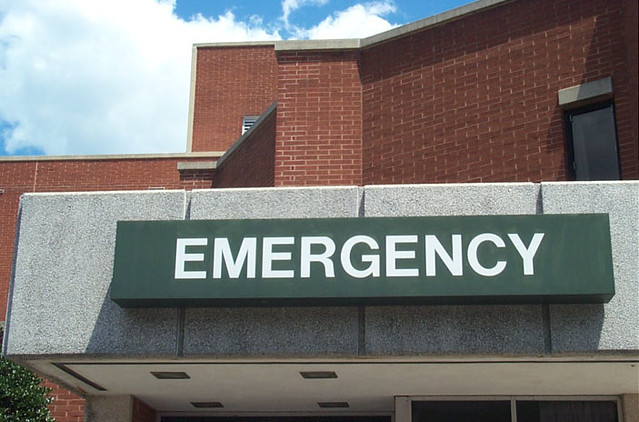Health Reform Will Exacerbate Physician Shortfall

The United States already faces a growing physician shortage. At the same time, enrollment in medical schools has been essentially flat, meaning we are not producing new physicians at anywhere near the rate we need to. In fact, according to the American Association of Medical Colleges, we face a shortfall of more than 150,000 doctors over the next 15 years, says Michael Tanner, a senior fellow at the Cato Institute.
Existing government programs already reimburse physicians at rates that are often less than the actual cost of treating a patient.
-Estimates suggest that on average physicians are reimbursed at roughly 78 percent of costs under Medicare, and just 70 percent of costs under Medicaid.
-Physicians must either make up for this shortfall by shifting costs to those patients with insurance -- meaning those of us with insurance pay more -- or treat patients at a loss.
As a result, more and more physicians are choosing to opt-out of the system altogether.
-Roughly 13 percent of physicians will not accept Medicare patients today.
-Another 17 percent limit the number of Medicare patients they will see, a figure that rises to 31 percent among primary care physicians.
The story is even worse in Medicaid, where as many as a third of doctors will not participate in the program.
the rest image by Taber Andrew Bain


0 Comments:
Post a Comment
<< Home